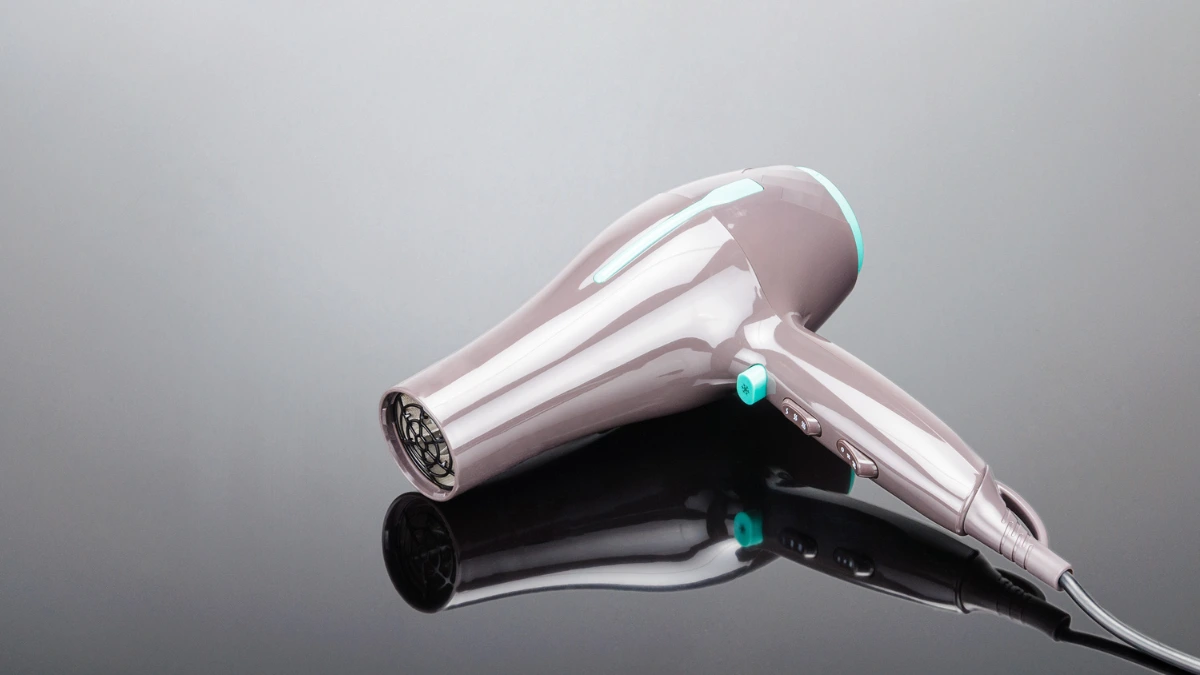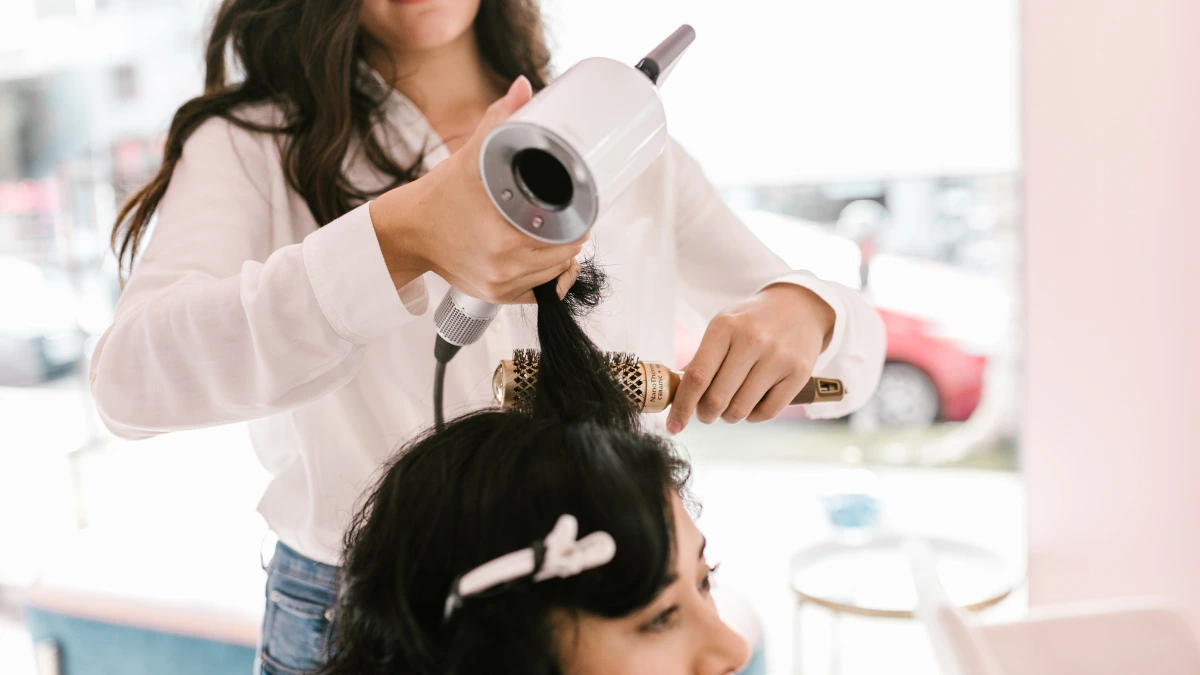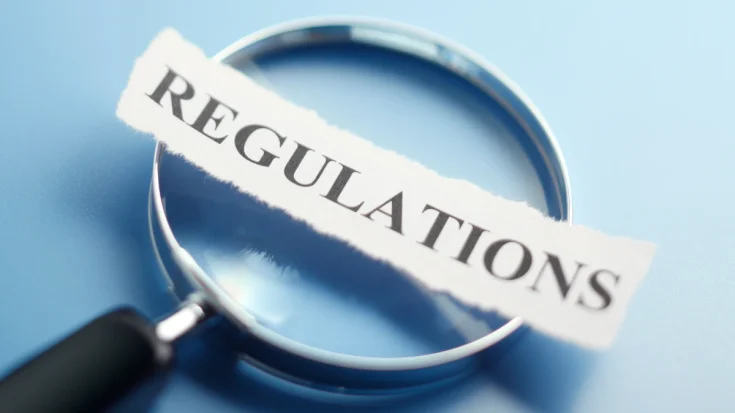You must be familiar with a hair dryer, this device is often found in everyday life such as at home, beauty salons, or hotels.
Although you are familiar with this device that functions to dry wet hair, do you know the other functions of a hair dryer and its types?
This article will provide you with in-depth information regarding hair dryers from their definition, function, types, to the regulation of their use in Indonesia.
What is a Hair Dryer?

A hair dryer is an electronic device that functions to dry hair. It works by emitting a stream of hot or warm air directed at wet hair after shampooing to speed up drying.
Hair dryers are available in various forms, from portable ones for personal use to large models used in beauty salons. These devices are also available with wired or wireless devices that are connected with Bluetooth or RFID.
The Functions
A hair dryer has the main function of drying wet hair. But nowadays, its uses have expanded to function in other ways. Here are some functions you can enjoy:
- Drying hair: Able to dry wet hair faster in a limited time.
- Hair styling: Can be used for straightening, curling, or adding volume to hair.
- Organizing hair: Helps shape certain hairstyles such as blow dry, curly, or straight.
- Other household functions: Can also be used to tidy up tangled hair, clean stains, and remove stickers or labels.
The Types

Hair dryer are divided into several types with different functions and uses according to their needs. Here are some types of the device that are commonly used:
Ionic hair
Ionic hair dryer is a type that can help reduce frizz and increase shine. This device produces negative ions to maintain moisture and make hair smoother. This device is suitable for those who have thick, dry, or difficult-to-manage hair.
Ceramic
Ceramic hair dryers use ceramic technology to provide more even heat. This type helps maintain heat on the hair for better results. This device is suitable for those with dry or fine hair.
Titanium
Titanium hair dryer is a type that is famous for its ability to produce high heat in a fast time. This device is suitable for thick, coarse, or unruly hair.
Travel
As the name suggests, a travel hair dryer is a type of that can be used for traveling. This device is designed to have a compact and lightweight model, some models can even be folded. This device is useful for those who travel frequently and need a device that is practical and easy to store.
Diffuser
A diffuser hair dryer is a type that is equipped with a diffuser as an additional tool mounted on the front. This attachment serves to create a more even spread of hot air. This device is suitable for curly hair, because it is able to dry without damaging the natural shape of the hair.
The Regulation in Indonesia

The hair dryer uses communication technologies such as Bluetooth or Radio-Frequency Identification (RFID) that operate within a specific frequency spectrum. In Indonesia, any Bluetooth or RFID-based wireless device is required to have DJID (Directorate General of Digital Infrastructure) under the Ministry of Communication and Digital (KOMDIGI).
Hair dryer regulation is based on KEPMEN No. 260 Tahun 2024, which requires all radio frequency-based devices to meet specific technical standards before being sold in the country.
The DJID certification ensures that the product meets government safety and quality regulations and does not interfere with other communication devices. The certification process involves technical testing, such as frequency adjustments, safety checks, and compatibility with the surrounding environment.
Once the tests are completed, products that pass are listed in a Test Result Report, which confirms that the product is safe and ready for sale in Indonesia. This report reassures customers that the product meets technical standards and is secure.
For companies wanting to sell a hair dryer in Indonesia, Type Approval Certification Services for ICT Products are available to assist with this process. This service includes preparing technical and legal documents, conducting required testing, ensuring compliance with regulations, helping companies streamline the certification process, and giving consumers confidence in certified products. [UN].

